Marine Biologist Career: What Do Marine Biologists Do?
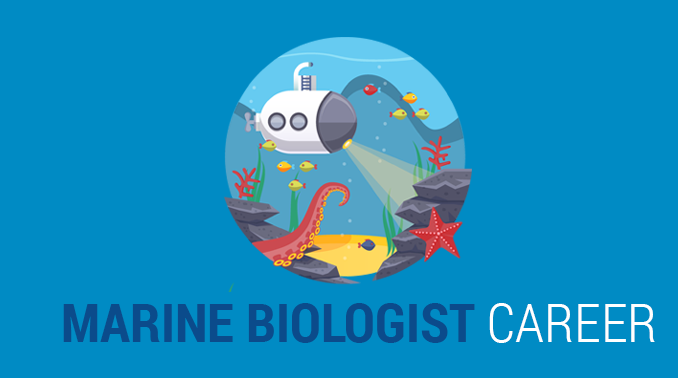
“Marine biologists specialize in how life in the oceans behaves in their natural habitats.”
Aquaman would make one heck of a marine biologist. But what about you?
Today, let’s review the following:
- Average salary and job demand
- Tasks and duties
- Potential employers
They often work at sea collecting biological samples, recording fish distributions, and conserving aquatic life. Because 71% of Earth’s surface is water, we need marine biologists to conserve and protect this resource.
How much do marine biologists earn?
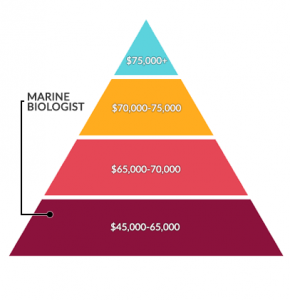
Marine biologists earn in the range of 45,000 to 55,000$. The average salary is 53,900$. This is significantly less than other environmental science careers.
Current job growth and future outlook for marine biologists are moderate. Some say that marine biology is a fiercely competitive field. But a lot of environmental science fields are!
Marine biologists work in a variety of settings including:
- at sea
- in a laboratory
- in the office
Despite being a bit overcrowded in a field, there are still a variety of ways to get your foot in the door.
How do you get your foot in the door?
Like any career, work experience is your friend and can only help increase your chances of getting a permanent job. There are tons of ways that can get you a leg up on the competition:
- INTERNSHIPS: The best advice is to get an internship with a government department like the USGS or the US Fish & Wildlife Service. If you’re a student in marine biology, these government organizations specifically target students for summer jobs and volunteering.
- AQUARIUMS: You can also reach out to local aquariums, work at hatcheries, or get a scuba diving open water license to start.
The goal is to get your foot in the door to your career and meet professionals who can guide you in your future.
Who employs marine biologists?
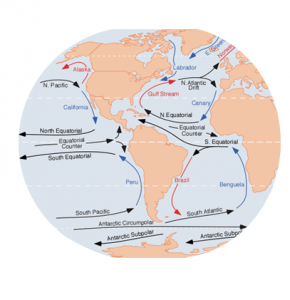
Once you gather a bit of experience on your resume, you can start opening career options. If you’re interested in marine biology conservation, there are several ways to approach it. For example, you can become:
- Biologist
- Oceanographer
- Aquaculture scientist
- Policy maker
- Community engagement
- Education
- Government fisheries
Projects include conducting sustainability studies for construction projects that impact the ocean.
What courses should you take if you want a career in marine biology?
Marine biology is a very narrow major. It’s a popular one too. Some suggest broadening your focus. So instead of marine biology, you can explore a broader topic like marine sciences.
Marine sciences cover the physics, chemistry, biology, and paleontology of Earth’s oceans. It’s as broad as learning climatology, meteorology, ecology, and oceanography.
But marine biology is a subcategory of marine sciences. This topic focuses on the biota of the ocean. For example, these 15 branches of oceanography divide the subject into ocean chemistry, physics, geology, and biology.
It’s anything from mammals, fisheries, aquaculture, conservation, and ecology of certain populations and communities.
There’s also the technical side of things with emerging technologies like GIS. When you bring biological statistics, this is an asset for you and potential employers.
What niches exist in marine biology?
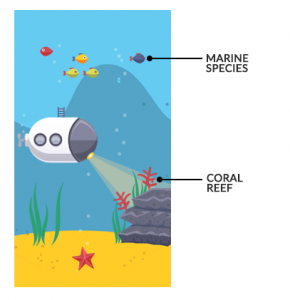
From sharks to salmon and seaweed, marine biologists love what they do. There’s no doubt about the passion for scientists in this career.
And really, sometimes the best advice is to just follow your passion because a lot of fields are just as competitive.
Pick a topic. Whether it’s coral reef biology, chemical oceanography, or climate change impact on invasive species…
Then, send a cold email to your college… And find out what possibilities exist for your career! This might be one of the best investments you can make in your life.
What Do Marine Biologists Do
Marine biologists study the oceanic environment to develop solutions for environmental problems as well as explore more about the world. They help to monitor the salinity of oceans and maintain aquatic ecosystems.
A marine biologist may work in a laboratory or with field research and must have a strong background in biology, chemistry, and environmental science.
Or if you want to just ask any question about marine biology in general, don’t be afraid to send us a comment or question below.



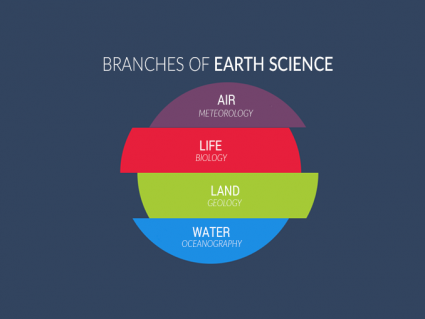
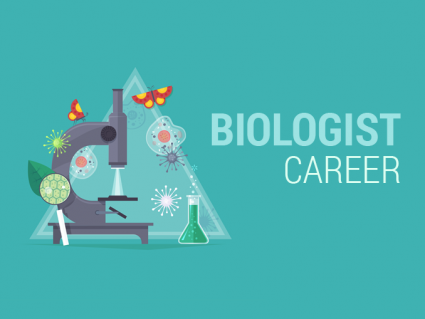










Hi Harry. Marine biologists are like the detectives of the ocean. They can help protect endangered species with research and data analysts. They spend a lot of time at sea, so field work and collecting samples is also common… and really, they can educate others on protecting the oceans and things like climate change.
Hello,
My name is Harry and I am wondering how can marine biologists help the world and how and what do they do to help the world.
This was super helpful, thank you! I’m a 27 y/o college drop out and I just decided to go back to school to become a marine biologist. I discovered that being on, near or in the ocean (or any large body of water) resets my mood and energizes me. Plus I’ve always been a huge nerd who loves animals and conservation so a career as a marine biologist just sounds like the right thing to pursue!